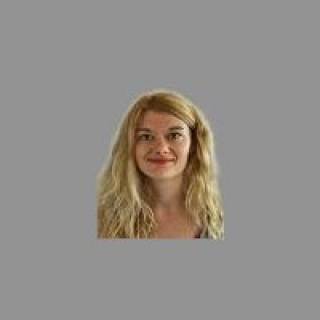Academic position: Reader in Cultural Heritage
Department: Archaeology
Email: beverley.butler@ucl.ac.uk
Website: Beverley Butler
Biography:
Co-ordinator of MA in Cultural Heritage Studies.
Interests include: Critical Heritage perspectives; Cultural Memory; ‘Heritage Wellbeing’;
Archive Studies; Heritage efficacies and pharmacology: contexts of marginalisation, displacement, conflict, illness and extremis.
Publications incl:
- ‘We Palestinians Refugees’ – Heritage Rites and/ as the Clothing of Bare Life: Reconfiguring Paradox, Obligation and Imperative in Palestinian Refugee Camps in Jordan, Journal of Contemporary Archaeology, 3-2, 2016, 147 – 159
- The Efficacies of Heritage – Syndromes, Magics and Possessional Acts in Public Archaeology, Vol. 15 Nos. 2–3, May–August 2016, 113–135.
- Collaboration with Talbeiya refugee camp, Jordan and Helen Bamber Foundation: outcomes: Chatterjee, H., Clini, C., Butler, B., Al-Nammari, F., Al-Asir, R., & Katona, C. (2020).
- Exploring the psychosocial impact of cultural interventions with displaced people. In Fiddian-Qasmiyeh E. (Ed.), Refuge in a Moving World: Tracing refugee and migrant journeys across disciplines (pp. 323-346). London: UCL Press.
Research Projects:
Heritage and Wellbeing Lead at the UCL Centre for Critical Heritage Studies and Co-lead of the Heritage and Archaeology of Health and Medicine (HAHM) Initiative.
Research projects incl:
- PI ‘Craft China: (Re)making ethnic heritage in China’s Creative Economy’ AHRC/Newton (2018- ongoing).
- Co-research with Dr Fatima Al-Nammari, Petra University, Jordan, Dislocated Identities and ‘Non-places’ – Heritage, Place-making and Wellbeing in Refugee Camps (2011- ongoing).
- Fieldwork in the Middle East – notably in Egypt, Palestine and Jordan. Outcomes incl: 'Return To Alexandria – An Ethnography of Cultural Heritage Revivalism and Museum Memory'. (Left Coast Press 2007).
Teaching:
Aspects of Critical Perspectives on Cultural Heritage. More directly in Cultural Memory module. [NB] *New teaching is also being planned re Heritage and Archaeology of Health and Medicine (HAHM) Initiative
 Close
Close


